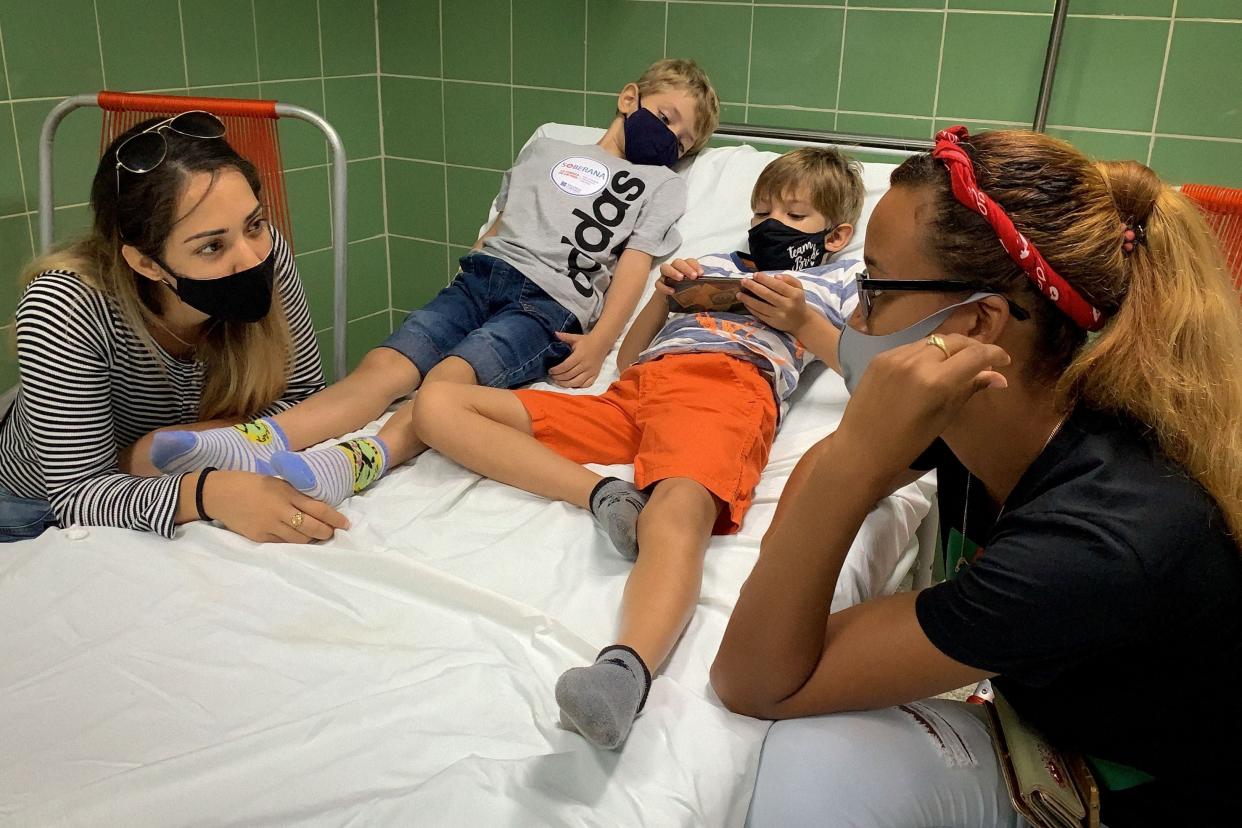Cuba first country in the world to vaccinate toddlers against Covid

Cuba became the first country in the world to begin vaccinating children from the age of two against the coronavirus on Monday.
The island nation is using Abdala and Soberana, its indigenous vaccines, to inoculate children between the age of two and 18. The country’s inoculation campaign for children over 12 kicked off on Friday, while the drive for those between two and 11 began on Monday, reported AFP.
The vaccines have been found to be safe for minors at the trial stage, claimed the Finlay Institute, which is a state-owned manufacturer that helped make the Soberana vaccine.
The vaccines have also elicited a stronger immune response in minors compared to adults, it claimed.
Both vaccines, however, have not been recognised by the World Health Organisation yet. While they reportedly have an efficacy of more than 90 per cent, data on the vaccines has not been published in peer-reviewed journals yet.
Other countries that have approved the use of vaccines on young children, including China and Chile, have not begun vaccination drives for children yet.
With the arrival of the Delta variant, Cuba has faced an explosion of coronavirus cases, pushing the country’s health system to the brink. Over the past week, the country averaged between 6,500 and 7,000 cases per day and reported 70 to 80 deaths, according to Reuters.
The country recorded around 690,000 coronavirus cases throughout the pandemic, of which more than a third were reported last month alone, according to John Hopkins University.
A third of its total 5,700 deaths from the pandemic were reported occurring last month, according to AFP.
With the increase in cases and closure of the tourism industry along with tough US sanctions, the country is suffering shortages of everything from food and medicines to parts and inputs for power plants and agriculture.
The Communist country aims to tame the disease in time for the tourism season that begins in November, while residents hope to get their children back to schools, which have mostly been shut since March 2020.
Due to absence of universal internet access, students have been taking lessons on television and will continue learning remotely until all eligible children are vaccinated, according to AFP.
Currently, around 50 per cent of Cuba’s 11.3 million residents have received at least one shot of the coronavirus vaccines, while about 3.5 million are fully vaccinated, reported Reuters.

